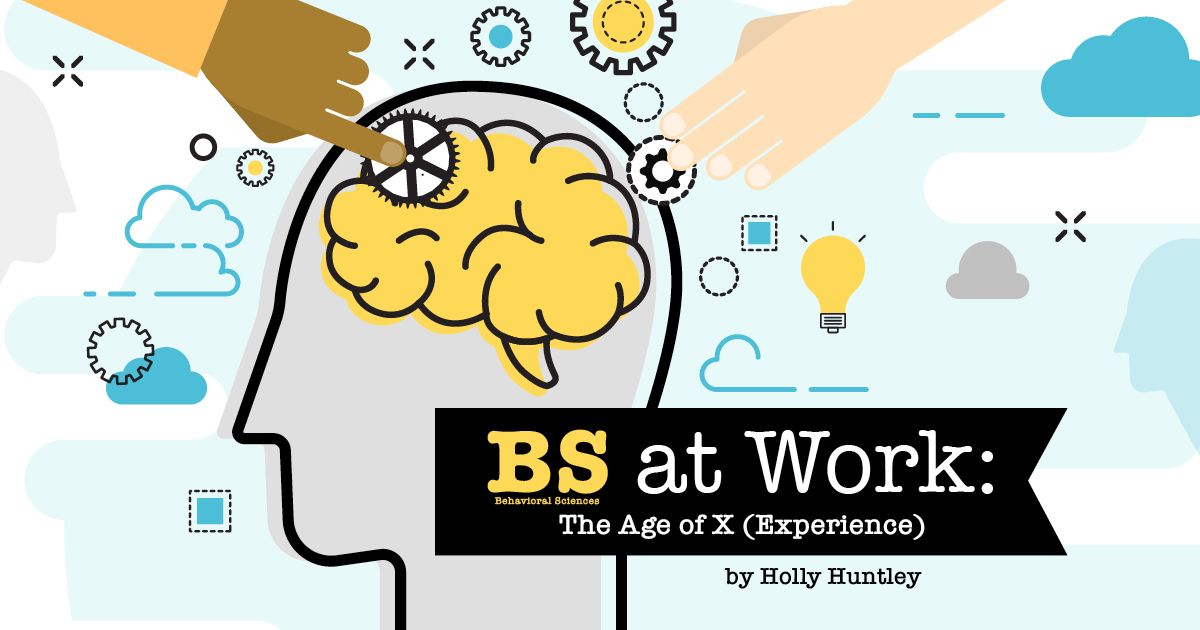Have you noticed we’re living in the age of experience? A new discipline has evolved with full-time roles and departments dedicated to improving how users and customers experience products and services. For businesses in crowded, competitive markets or organizations working in complex public service environments, differentiating on experience can offer a strong competitive advantage.
The experience economy is not new, but digital transformation has re-energized the importance of being customer-centric with new approaches for making connections and gathering data. “Customer centricity” is king. Organizations that understand the customer journey and harness the voice of the customer can go from good to great.
84% of customers say the experience a company provides is as important as its products and services, State of the Connected Customer – Salesforce 2019
And it’s not just traditional customers that should be at the center of your strategy. How do employees, recruits, and partners experience your brand—and is their experience consistent with your brand promise and values?
LMD’s experience management offerings are part of a holistic brand model that enables you to deliver on your brand promise with data-driven customer experience (CX), recruit/applicant experience (RX), partner experience (PX), and employee experience (EX) programs.

Behavioral science concepts inform this model. At its core, brand experience (BX) is rooted in empathy and understanding the customer’s frame of reference. Cognitive theories that help us understand thoughts, knowledge, beliefs, perceptions provide the basis of effective qualitative market research that informs the design of effective experiences:
- Identity theory focuses on how people define themselves and their aspirations, needs, concerns. This information is helpful when segmenting your audience. By creating and applying user personas/customer profiles, you’ll increase your brand’s resonance and relevance among your customers.
- Perception theory identifies the factors that motivate and influence people during the information gathering and decision-making process. Journey maps help us understand the decision-making process before, during, and after a decision.
- The most important concept for brand experience is cognitive dissonance. Cognitive dissonance occurs when people experience conflicting behaviors, attitudes, or beliefs. Contradictory and incongruent experiences are uncomfortable for humans—we try to avoid them at all costs. If your customers' brand experience is inconsistent or lacks authenticity, you can create a negative tension that may lead to decreased customer loyalty.
The ultimate goal is to align your brand expression (identity and message) with your brand experience (both internally and externally). Consistency for all audiences is key as relationships may evolve and overlap: applicants become employees, who, along with partners, may also be customers. Positive brand experiences have the power to convert leads to enthusiastic advocates, influence decisions in your favor, mobilize people to action, and drive results.
Want to find out how you can improve your brand experience? Contact us.

